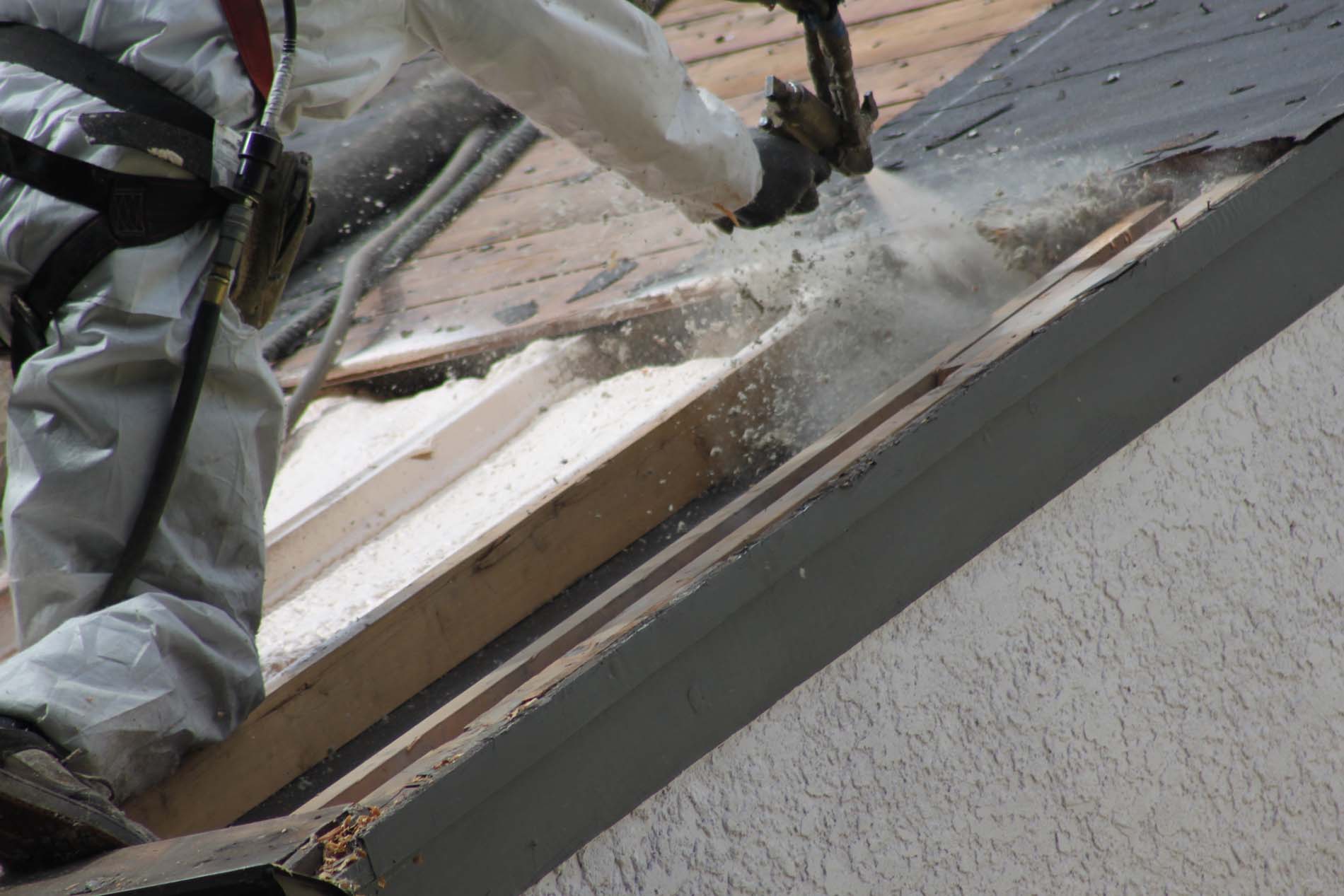Keep Your Home Comfortable Year-Round
Have you ever noticed how your home feels drafty in the winter or unusually warm on the upper floors? This could be due to the stack effect, a phenomenon where warm air rises, escapes through the roof, and pulls in cold outdoor air from lower levels. The stack effect works by creating pressure differences inside a building, leading to uneven indoor air temperatures.
This issue is particularly relevant in high-rise buildings and homes in places like Winnipeg, where extreme outdoor temperatures amplify the problem. Understanding and addressing the stack effect can help maintain comfortable temperatures, improve energy efficiency, and reduce heating costs.
What Is the Stack Effect?
The stack effect, also known as the chimney effect, occurs when hot air rises inside a building or living space and escapes through gaps in the roof, attic, or top floors. As warm air escapes, it creates a vacuum, pulling cold air into the building through cracks around lower floors, doors, windows, and the basement.

The science behind it is simple: air pressure differences caused by temperature gradients drive this movement. In winter, warm air presses upward, creating negative pressure at lower levels, which draws in cold exterior air from the ground level. The taller the building, the stronger the stack effect, making it a significant issue for tall buildings and high-rise buildings.
Why the Stack Effect Matters in Winnipeg
Winnipeg’s climate features long, cold winters and short, hot summers, making it crucial to minimize the stack effect in homes and tall buildings.
Most buildings are not perfectly sealed or have adequate, quality home insulation. Therefore, air can infiltrate at the lower levels of a house and escape at the upper levels.
When left unchecked, it can cause:
- Higher heating bills in winter as hot air escapes.
- Drafty rooms, negative pressure and inconsistent inside temperatures.
- Moisture problems like ice dams and even mold growth due to condensation.
For building managers, homeowners, and those in high-rise buildings, addressing this issue is essential to maintain comfortable temperatures and prevent costly structural damage.
Signs Your Home Is Experiencing the Stack Effect
Not sure if the stack effect is impacting your home or building space? Watch out for these signs:
- Drafty rooms or inconsistent temperatures in your home and between floors.
- Cold air leaking around doors, windows, or basement walls.
- Higher-than-average energy bills.
- Ice dams form on your roof during winter.
If you’ve noticed any of these issues, taking steps to reduce the stack effect can make a big difference in your home’s comfort and building efficiency.
How to Reduce the Stack Effect in Your Home
1. Improve Air Sealing
Sealing leaks is the first step in controlling the stack effect. Focus on:
- Gaps and cracks around windows, doors, attic hatches, and baseboards.
- Using spray foam insulation or weather stripping to block freezing outdoor air.
2. Upgrade Attic Insulation
A well-insulated attic prevents warm air from escaping, which reduces negative pressure in secondary levels. Consider insulation with a high R-value, especially in climates like Winnipeg’s.
3. Seal and Insulate the Basement
Prevent cold air from entering your home or building by sealing foundation cracks and insulating basement walls. Since basements are at ground level, they are a major entry point for cold air.
4. Address Ventilation Issues
Proper HVAC systems and ventilation prevent excessive pressure differences. Install energy-efficient exhaust fans to maintain inside air balance without overworking your heating system.
5. HVAC System Maintenance
Ensure your heating system and air conditioning system are in good condition. Regular maintenance helps:
- Balance interior air pressure in your home or building.
- Improve airflow pressure on top floors and lower floors.
- Reduce strain on your home or building heating and cooling systems systems.
The Role of Professional Insulation Services
If you’re concerned about the stack effect in your office space or home, it’s a good idea to hire a professional insulation contractor to assess your home and recommend solutions.
Tackling the issue effectively often requires expert help. Companies like us, Above All Insulation, offer:
- Thermal Imaging Service to assess home and building stack effect-related issues.
- Custom insulation solutions designed for Winnipeg’s extreme outdoor temperatures.
- Expert installation of high-quality insulation materials to prevent leaks and energy loss.
At Above All Insulation, we’ve found that vapour sealing your attic floor prevents warm air from leaking into the attic. But stopping incoming air at its source is just as important. We achieve this by installing polyurethane spray foam in the joist header areas—the space above the foundation and below the main floor. This not only insulates but also blocks cold air from entering, reducing drafts and preventing air leakage into the attic.
The stack effect is a natural phenomenon that can cause a number of problems in your home or building, including higher energy bills, drafty rooms, and moisture problems. However, there are a number of things you can do to reduce the stack effect and create a more comfortable and energy-efficient home.
Addressing the stack effect is key to a more comfortable, energy-efficient home or building. If your home suffers from leaks, inconsistent temperatures, or high energy bills, now is the time to act.
Don’t wait—schedule a free consultation today and take the first step toward a warmer, more efficient home and living space.
